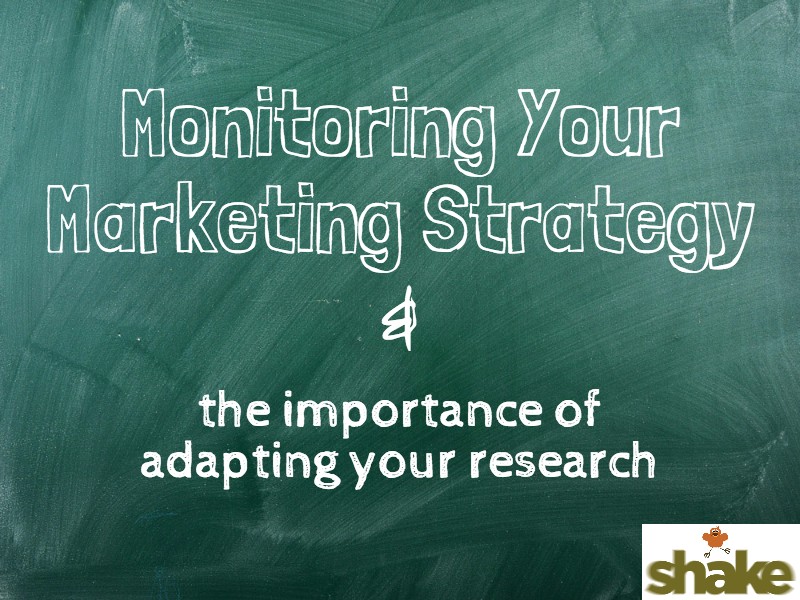
Writing a marketing plan is an incredibly involved process: firstly, there’s an audit stage that can potentially take weeks of research, and following this is a process of research analysis which helps with the construction of the plan itself. Many larger marketing plans can take over ten weeks of hard work to complete, and once they’re finished it’s very easy to feel like drawing a line under the plan and moving on to the next project. Therefore, even the most meticulously constructed marketing plans are at risk of becoming wasted if they’re filed away and not adapted and reviewed at regular intervals.
Your marketing plan should be one of the most commonly referred focal points of your business. Check that the assumptions you made based on your research are still relevant and correct. Keep checking that the business is on target with your objectives, and if they aren’t, set new ones.
Your marketing plan is a blueprint that can provide direction and help by signalling a point to return to when things don’t go to plan. It can be tempting to discard a plan that hasn’t quite worked out and begin from scratch, but the existing body of research within the plan is extremely valuable and can help you to rework a marketing combination and find new solutions to unforeseen problems.
A finalised marketing strategy isn’t necessarily set in stone, and instead it should evolve as your business does – especially if your plan involves online activity and social media. Online and e-marketing are some of the fastest-changing environments in the business world and should be constantly monitored in relation to your strategy to ensure you meet goals and stay ahead of the competition.
Marketing is meaningless without results, and your marketing strategy should be a fluid, adaptable concept that keeps your goals in focus whilst also incorporating new developments within the business world.